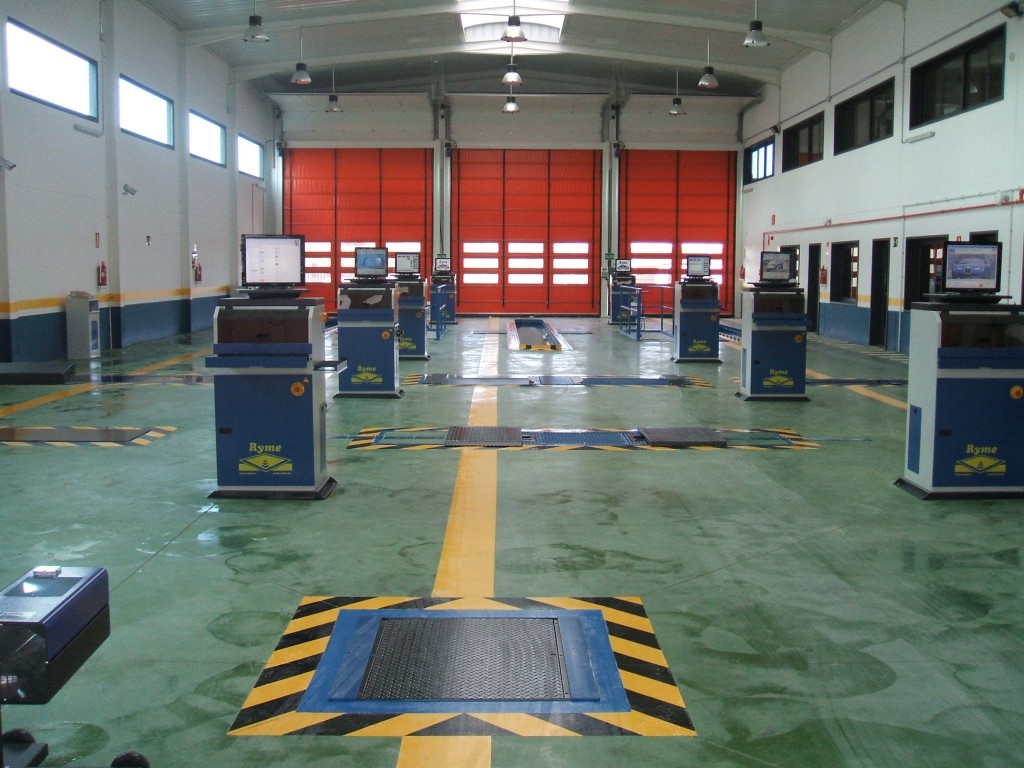The plenary session of the European Parliament has definitively approved this Tuesday a norm that unifies the rules that govern the technical inspections of vehicles (ITV) throughout the EU with the aim of improving road safety. Cars must pass the first ITV from the age of four and then every two, while in the case of motorcycles the Member States are left free to set the frequency of inspections.
In Spain, passenger car inspections begin to be carried out from the fourth year and are annual from the ninth. Motorcycles and mopeds are already subject to inspections every two years from the fifth. The new standard, which has already been agreed with the governments, allows Member States to set stricter requirements.
The authorities will also have to submit to road technical inspections at least 5 per cent of commercial vehicles across Europe each year. In order to reinforce the process of these roadside inspections, Member States must create their own ranking of commercial vehicle brands, highlighting those with the worst results in safety tests and rewarding the companies that obtain the best scores.
The text negotiated by Parliament and the Council extends periodic inspections to motorcycles from 2022, unless countries propose alternative security measures for these vehicles. It will be the Member States that decide the methods and the frequency of the inspections, which will affect motorcycles of more than 125cc.
From the entry into force of the new European law, EU countries will be obliged to recognize any valid technical inspection certificate issued by another Member State. In addition, the requirements for re-registering a vehicle in another Union country will be simplified.
Odometer fraud is considered to affect between 5 and 12 percent of used vehicle sales, costing several billion euros each year, and resulting in an incorrect assessment of the condition of a vehicle. To combat this type of fraud, Parliament will force the mileage to be recorded in the certificates and examinations of each periodic ITV. National authorities should also impose effective penalties against mileage manipulation.
According to Commission figures, technical deficiencies in vehicles cause more than 2,000 fatalities a year in the EU. Between 900 and 1,100 of those deaths could have been prevented if the technical inspection system had been perfected.



